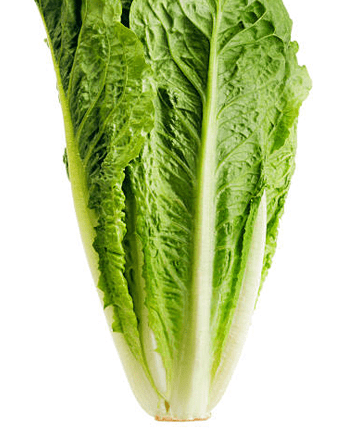
Lettuce is commonly used in salads. Though lettuce is divided into various categories, many people prefer to use romaine lettuce for their salads, especially in Caesar’s salad. Since it is said to have originated from the Aegean island of Cos, is also called the Cos lettuce.
Many Mediterranean recipes call for romaine lettuce because of its deep taste and crisp texture. Aside from its texture and taste, another reason why many people prefer romaine lettuce is because of its nutritional value. The minerals, vitamins, phytonutients, and fiber found in romaine lettuce are good for the alleviation or prevention of many health complaints we commonly have.
Not many people know that aside from enabling you to have a hearty meal, romaine lettuce is also good for your heart’s health and is common in a Mediterranean diet. It has a number of nutrients that can help you maintain good cardiovascular health. Here are some of the nutrients found in romaine lettuce that can help you keep your heart healthy:
Vitamin C And Beta-Carotene
Romaine lettuce are rich in vitamin C and beta-carotene and this is one reason why they are considered as heart-healthy greens. Other lettuce varieties also have these nutrients but romaine lettuce has eight times as much beta carotene and six times as much vitamin C than iceberg lettuce, for example.

Dietary Fiber
Romaine lettuce is rich in dietary fiber and this is one of the reasons why it has heart healthy effects. The fiber binds to bile salts in the colon and removes them from the human body. Because of this, the body will make more bile. Are you wondering why this is significant to heart health? Well, the body needs to break down cholesterol to be able to produce more bile. In short, cholesterol is destroyed in the process. This is one way in which fiber helps to lower high cholesterol levels.
Folic Acid
Your heart will also benefit from the romaine lettuce’s folic acid content. Folic acid is a B vitamin needed by the human body to convert homocysteine, a damaging chemical, into other benign substances. If this compound is not converted by the body, it ca directly damage your blood vessels. Consequently, damaged blood vessels increase one’s risk of stroke and heart attack.
Potassium
Romaine lettuce is also a good source of potassium, a nutrient that has been said to be useful in lowering high blood pressure, a risk factor for heart disease. Potassium is also need by the body for other organ and bodily functions.
Romaine lettuce has high water volume and extremely low calorie content. Aside from the above-stated nutrients, romaine lettuce is also an excellent source of manganese, vitamin K, chromium, and some other 80 nutrients. Aside from salads, romaine lettuce can also be used in many other Mediterranean diet recipes including soups.
..you can use it in lot’s of stuff,
Ray Baker

